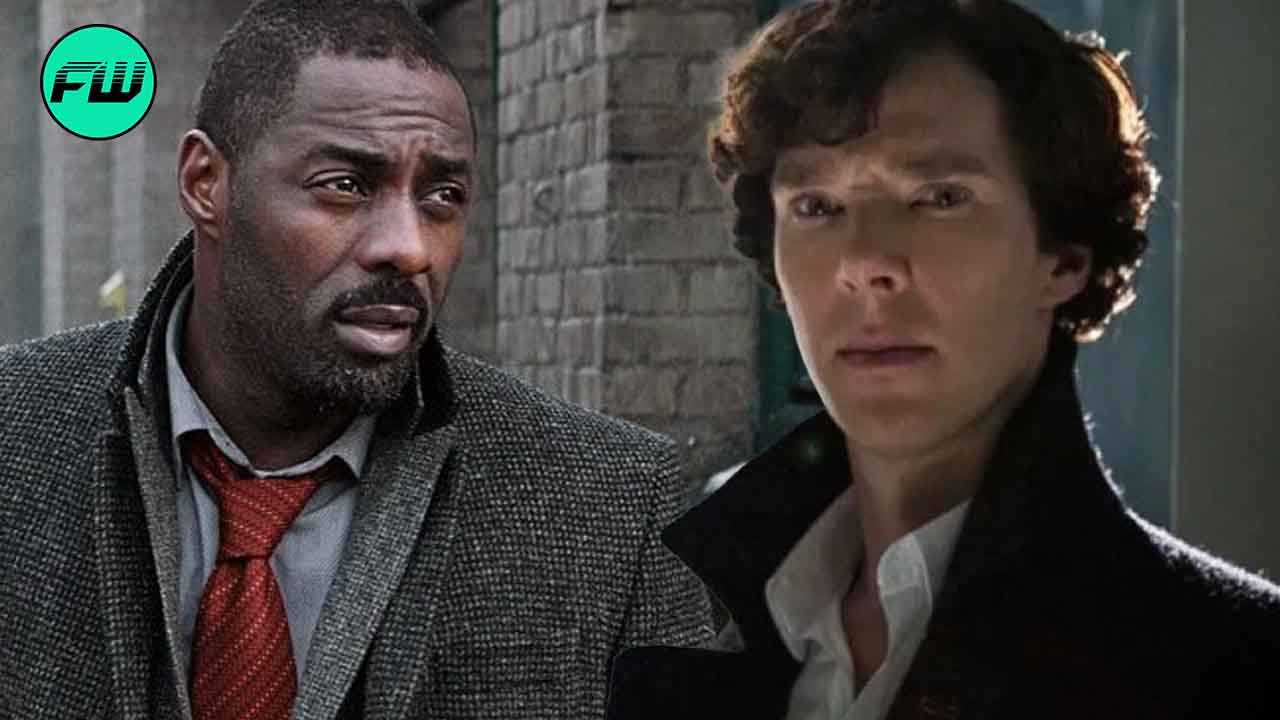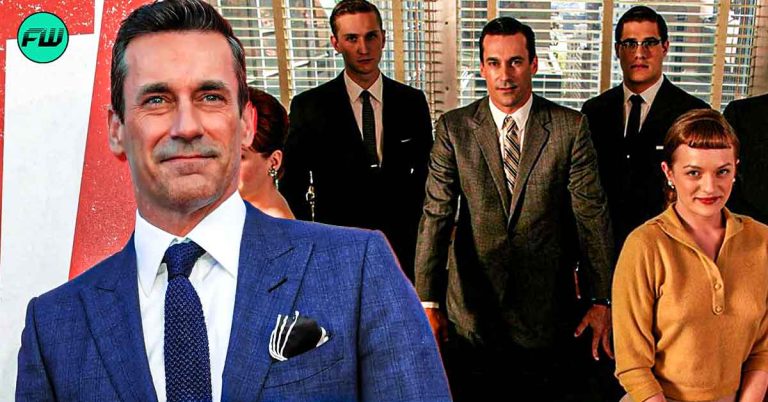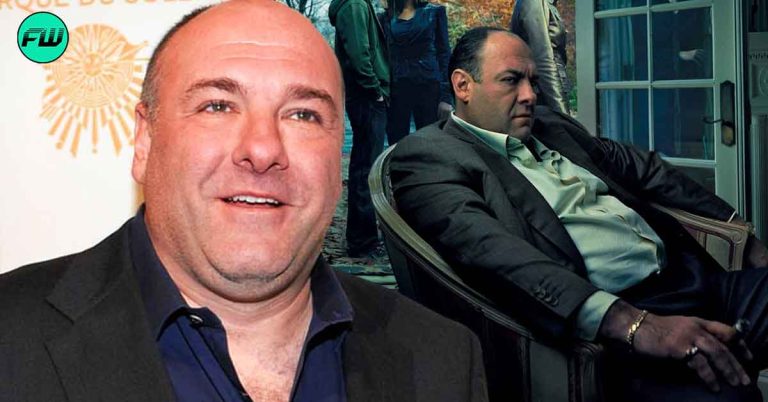Mystery-based movies and shows are one of the most tedious genres to make. This is because the filmmakers often need constant elements of surprise while ensuring that the “surprise” factor doesn’t end up becoming the expected constant. While many series and movies have performed well, fans are now tired of some tropes, that have become common to the point that almost every movie adopts them in the exact same manner. Here are some familiar tropes from the thriller genre that has stayed in business for far too long.
The detective with a past is a fool-proof method of making the plot enjoyable.
First, the troubled officer works hard to find the solution, bringing hope to the audience. Then, however, a dark past takes over and changes the scenario completely. This either makes the detective a villain or simply gives the plot a good sense of why certain events happened the way they did.

There is a murder; find the murderer.
This was an obvious plot for all murder mysteries, which is why they came up with a reverse scheme. They reveal the murderer in the very beginning, and the rest of the movie unravels why the murder happened. So the mystery isn’t so much in the “who” as it is in the “why.”
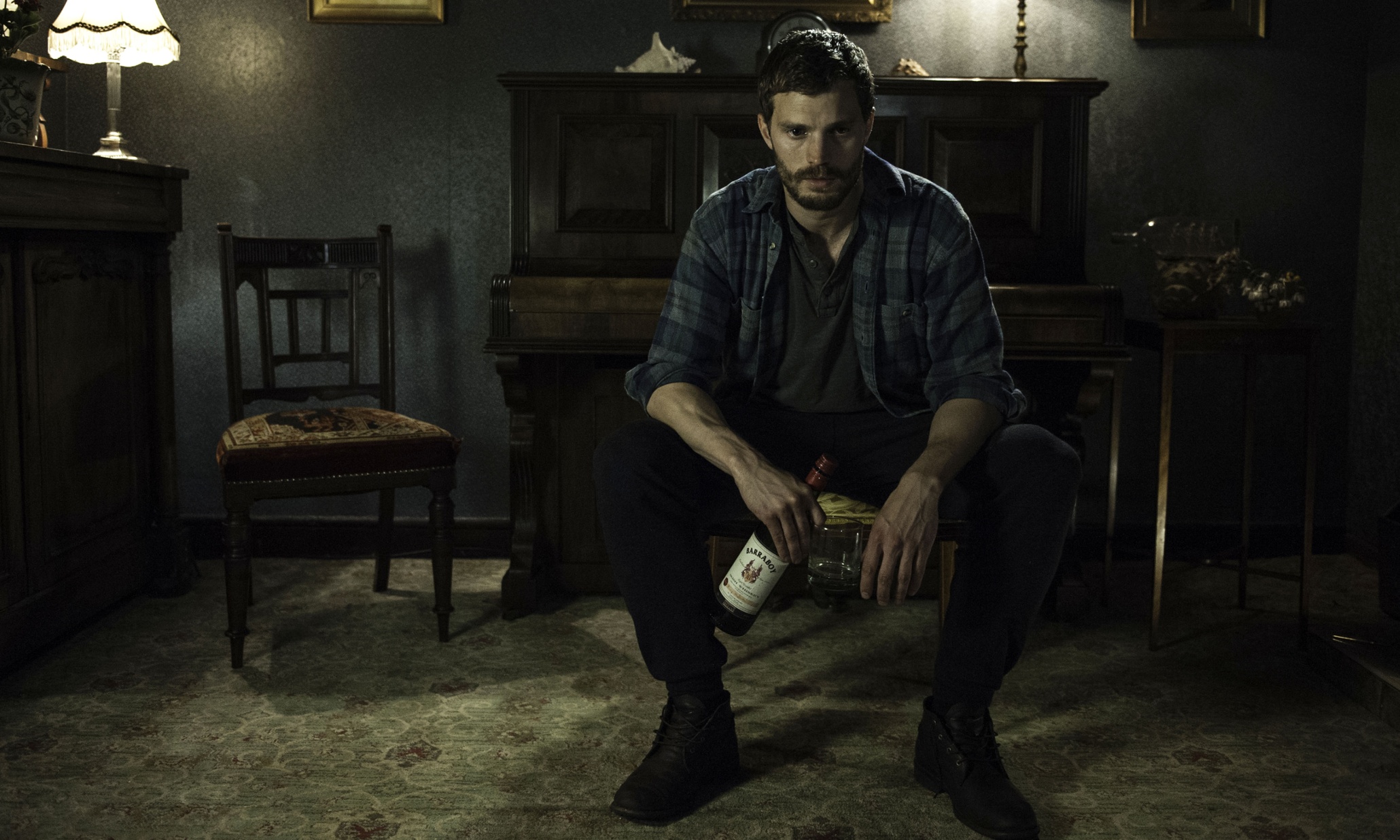
An erased memory is the simplest way to write any thriller story.
When your protagonist cannot remember what happened, they cannot be trusted entirely, no matter how much you like them. This doubt keeps the audience on edge and hooks them to the plot.

Having the best and brightest on the team is overrated.
Thrillers these days let completely unrelated amateurs solve the case, giving it an exciting turn. In many movies, the professional detectives are portrayed as entirely clueless or slow, while the next-door neighbor is the one who solves the case without any hindrance.
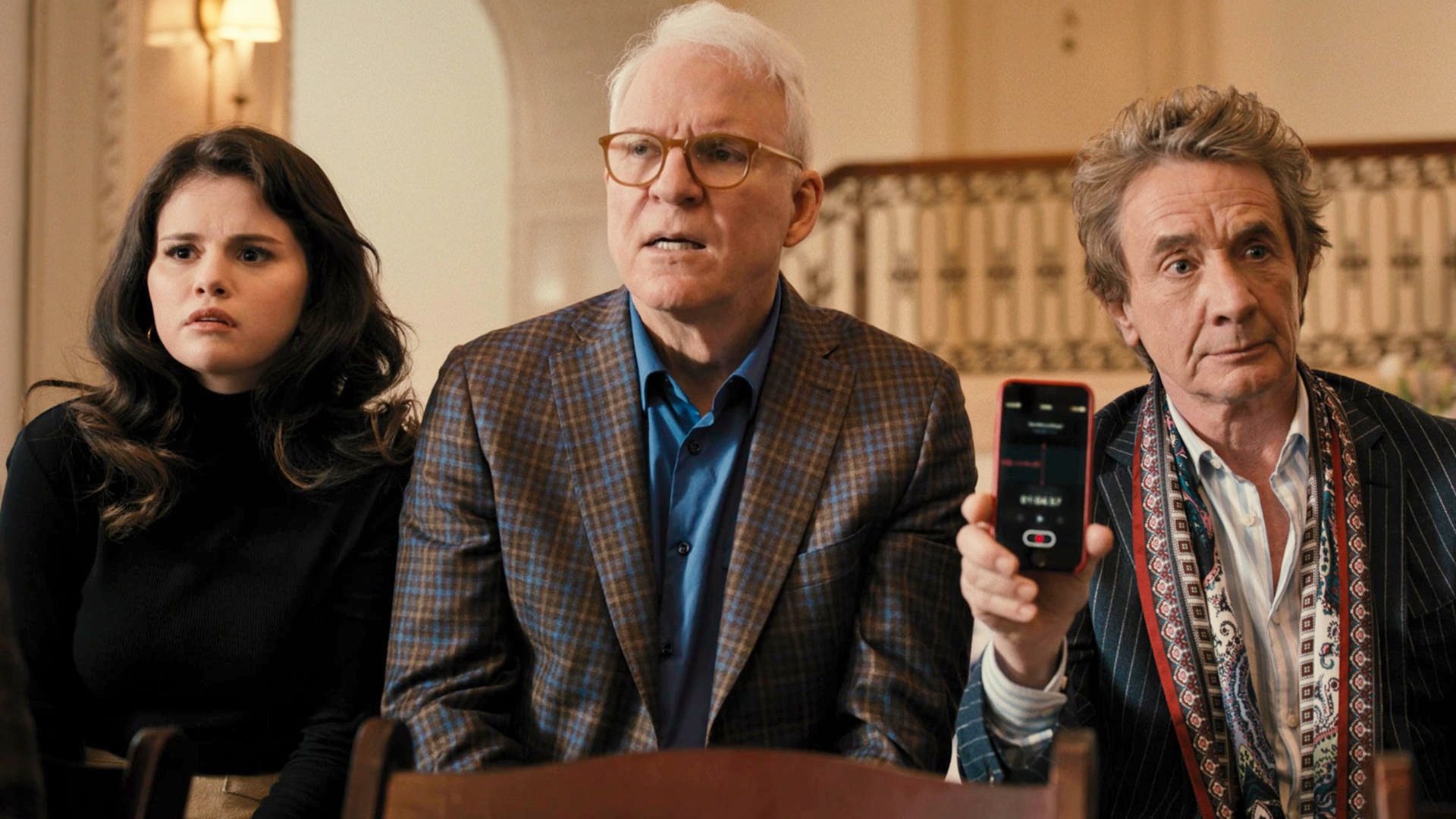
Faking death of a character
This was a brilliant idea at first, however, it took over most thriller movies in no time. Faking death is as easy a write-up as waking the characters from a bad dream at the end of the story. Unfortunately, this trope fails to provide a satisfactory ending in most thrillers. Even stories like Sherlock were unable to surprise their audience through the trope.
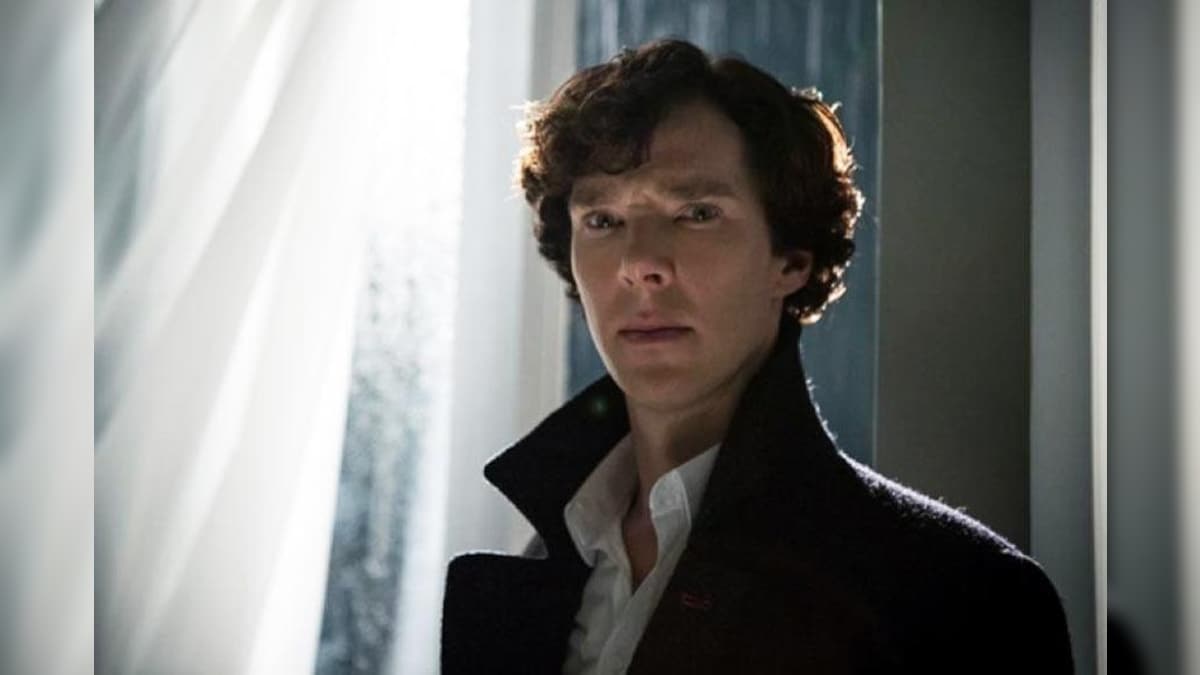
The “psychic” angle
After putting together loads of evidence, when the detectives still can’t figure out why things happened, they simply choose to become psychic. Getting in the Heads of criminals can either be a very creative and intelligent scenario, or a far too easy and miraculous one. Unfortunately, it often ends up being the latter, as this trope has been so generalized that writers add it even when they can’t pull it off.

Tying Up the Story in a Moment
Now, how does the story end? The entire plot is served to the audience on a platter, either by the detective or the criminal. Thrillers usually use a detective who has a revelation, revealing the entire story as he ties the loose ends. The alternative is a post-arrest conversation where a boastful criminal reveals all the events oh so proudly.

Let us know what you don’t like about such thrillers. And for similar content, check out our YouTube videos:

